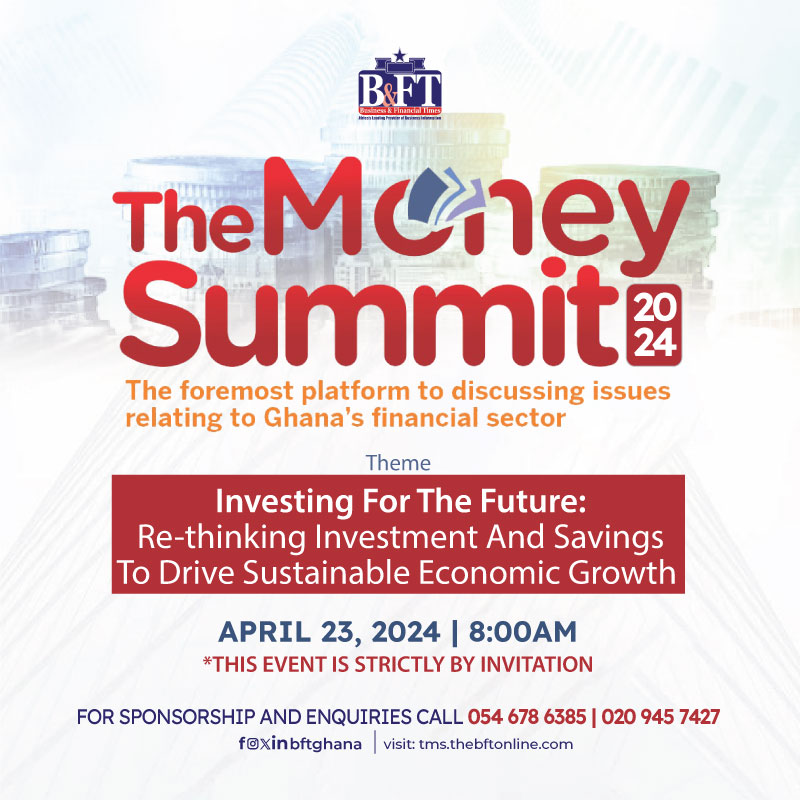- Operating environment, fiscal scores and development plans – key to investment-attractiveness in a COVID-19 world
Rand Merchant Bank’s (RMB) Where to Invest in Africa 2021 ranks Ghana in sixth place this year across the continent.
RMB is the corporate and investment banking arm of FirstRand Bank Ltd., of which First National Bank Ghana is a member.
Ghana entered the current crisis on a relatively stronger footing than its African peers. The economy managed to avoid a recession in 2020 and registered growth of 0.4% — outperforming the SSA economies, which contracted by 3.2% on average.
Based on the rankings, Ghana has further outperformed other west African countries in terms of its investment-attractiveness, emerging as the top destination followed by Côte d’Ivoire, Senegal and Nigeria.
Structurally, Ghana’s economy has seen major shifts over the past few years – positioning it for significant growth going forward. This is supported not only by primary-sector industries like oil and gold but also accelerated development in the tertiary sector. We see the construction, agriculture and services sectors as the main catalysts for strong 4.2% average growth between 2022 and 2023. This year, the economy has shown a steady recovery – with the GDP print in 2Q21 at 3.9%, supported by performance in both the secondary and tertiary industries.
Over the next few years, oil production output will pick up in the near-term, supported by higher oil prices that should encourage further oil exploration in Ghana. There are similar expectations for gold production, which is further supported by government efforts to curb illegal mining activity – thereby promoting the formal sector.
According to the author, RMB Africa Economist Daniel Kavishe, this year’s report assesses the extent of the pandemic’s impact by sketching the landscape of the continent pre-COVID-19, and then painting a picture of both its actual and potential outcomes through the post pandemic-era. “We created a new set of rankings that incorporated some of the unavoidable COVID-19-induced challenges, of which the operating environment score was one.”
The report also included an appraisal of governments’ ability to support their various economies during such periods. As such, a fiscal score was also part of the methodology.
This, says Kavishe, was essential because “fiscal scores are important indicators of how governments respond to COVID-19”.
For Ghana, the next few years will centre on government’s ability to consolidate fiscal spending; undoubtedly necessary to alleviate the country’s debt burden. Overall, the report further explored key themes emanating from Africa’s developmental aspirations. “Of these, three are central to fighting the pandemic and resuscitating economic conditions,” contends Kavishe.
“They are government intervention, a focus on our triple-threat sectors, and healthcare.”
Commenting on the report in Ghana, the Chief Executive of First National Bank, Dominic Adu said: “Ghana has done remarkably well navigating the tough COVID-19 environment. We are very pleased to be leading the pack in West Africa in terms of economic recovery, with expected GDP growth of 4.1% in 2022. Now is definitely the time to invest in Ghana.”











